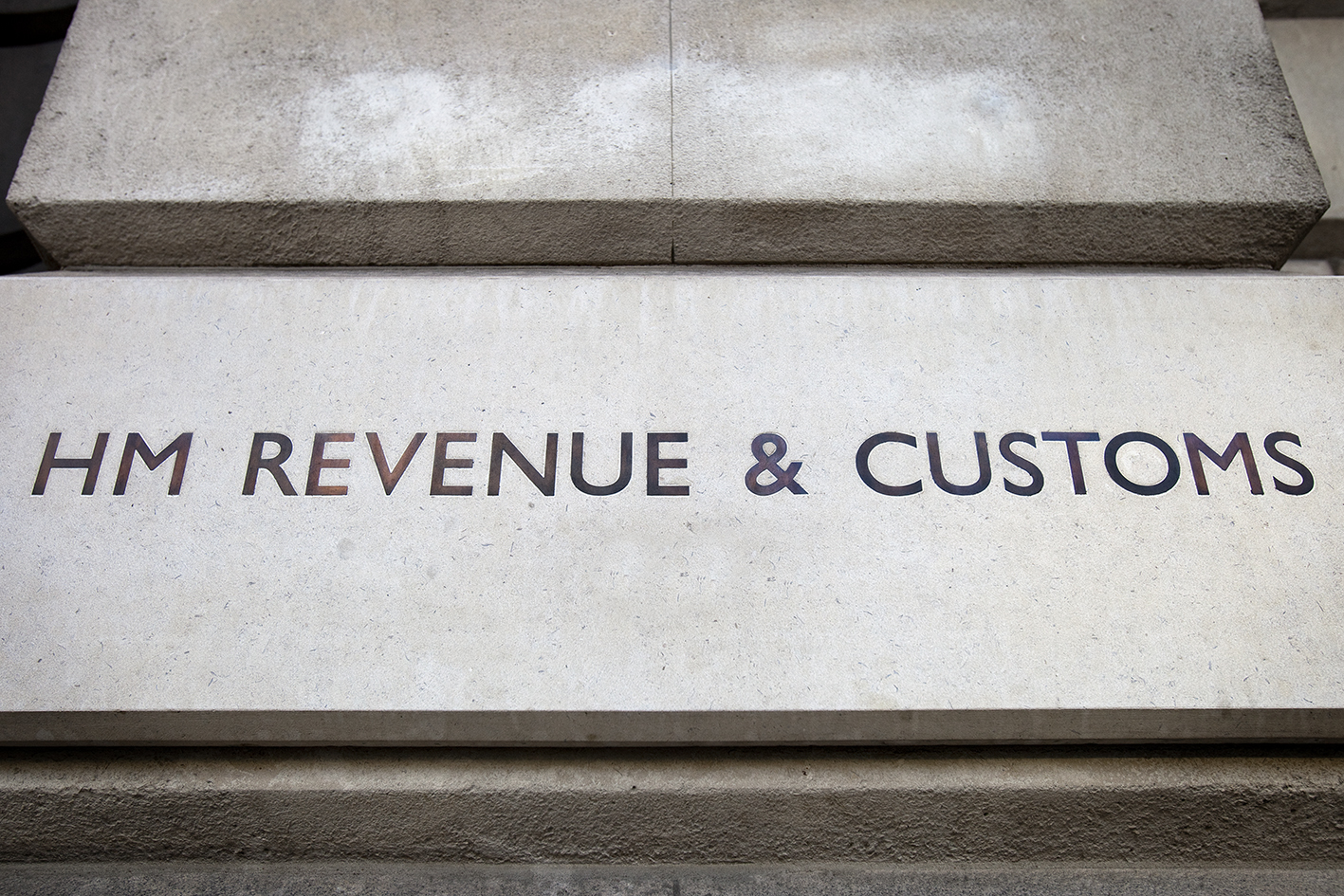Household Bills
Furlough fraud warning for 3,000 firms

Guest Author:
Emma LunnUK companies which broke furlough rules need to pay up or face penalties or prosecution, according to Blick Rothenberg.
More than 3,000 companies are being investigated by HMRC for claiming too much under the job retention scheme, according to tax and advisory firm Blick Rothenberg.
It’s advising companies to come clean and pay up now, or they could face fines, interest charges or criminal proceedings.
HMRC has written to more than 3,000 employers they believe may need to repay some or all of their Coronavirus Job Retention Scheme (CJRS) money and have reminded them that there is a 90-day period of grace after the claim was made to voluntary make repayments.
However, claims made in April are already outside this period and claims made in May soon will be.
Fiona Fernie, a tax dispute and resolution partner at Blick Rothenberg, said: “Companies need to act right now if they have received a letter and respond to HMRC even if they think that their claim is correct or there has simply been a mistake.

Why Life Insurance Still Matters – Even During a Cost-of-Living Crisis
Sponsored by Post Office
“Failing to do so will mean that HMRC will instigate an investigation that could take months to resolve. HMRC are normally sympathetic if they get a response but if not, they will crack down hard.”
The warning comes after the Daily Mail ran a story claiming that six million workers broke the rules by doing their jobs from home during lockdown. The figure accounts for nearly two-thirds of the 9.4 million people whose salaries were paid by the government during April and May.
A study by academics at Oxford, Cambridge and Zurich universities found widespread abuse of the furlough system and claimed that a fifth of furloughed employees were ordered to carry on working by their employer, even though it was illegal.
Where this has happened it will be the employer, rather than the employee, in trouble with HMRC.
The letters are being sent to businesses where HMRC’s risk assessment tools suggest that the CJRS grant claimed may have been too high, and/or the conditions for receiving a CJRS grant may not have been met.
The aim of the letters is to ensure that employers review their CJRS claims and engage in a dialogue with HMRC, whether they think they have made a mistake or not.
“Letters from HMRC usually contain a date by which they are expecting a response – and their expectation usually involves quite a quick turn-around,” said Fernie, “In addition, if you have made a mistake, the sooner you sort it out the less negative impact it is likely to have. It is always sensible to keep your advisers informed of interactions with HMRC and to enlist their help with responding to enquiries.”
Affected companies should collate a complete set of records supporting their CJRS claims.
These records should include:
- Financial forecasts showing the impact of coronavirus on the business
- Evidence that furloughed employees would have continued in employment if the pandemic had not happened
- Evidence that the appropriate amounts have been paid to furloughed workers
- Evidence that furloughed employees were informed that they could not work during the period they were furloughed
- Evidence that non-furloughed employees were made aware that they could not involve furloughed colleagues in work